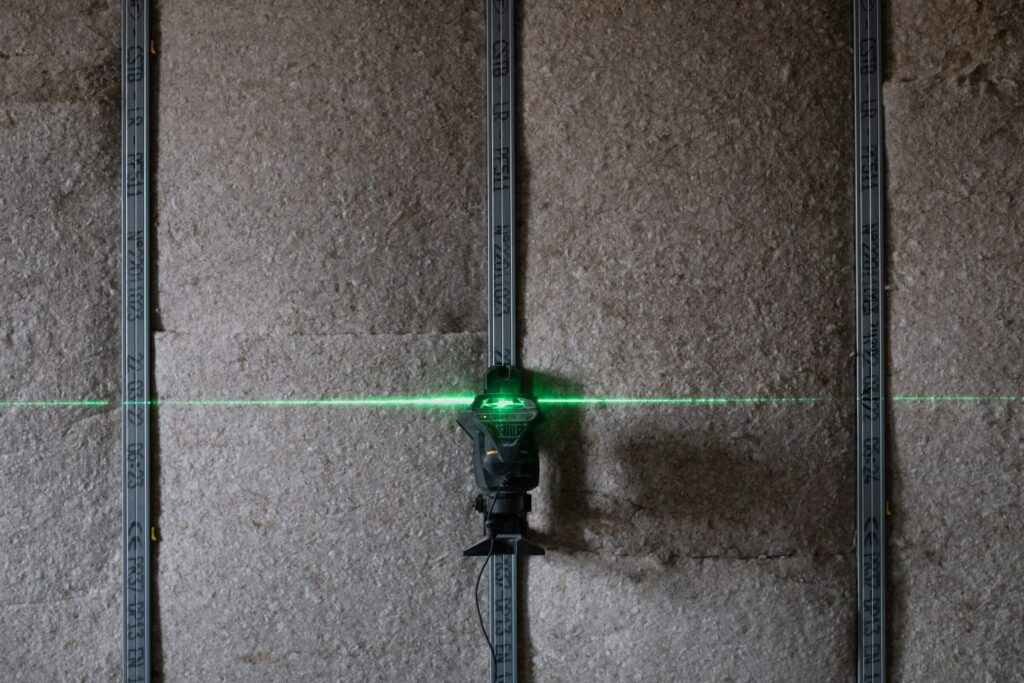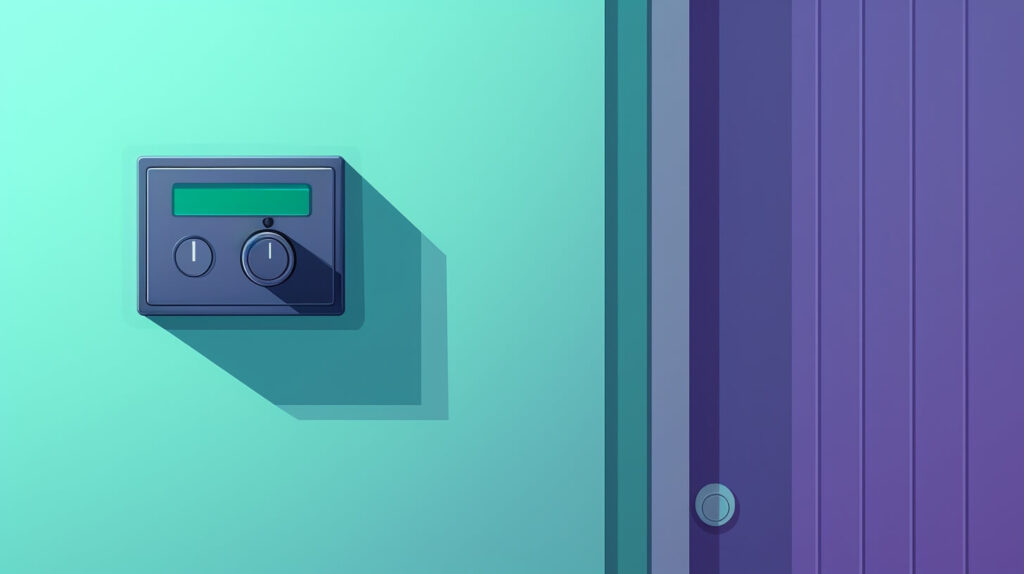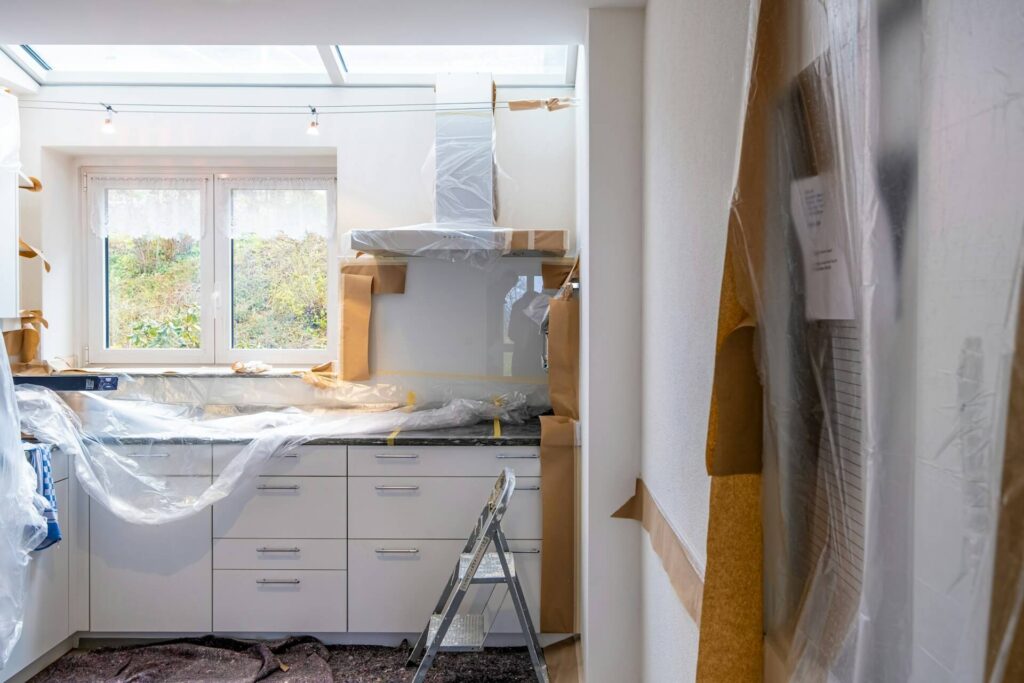
We are reader-supported. When you buy through links on our site, we may earn an affiliate commission.
Worried about what to do if your power goes out? You’re not alone. New and old homeowners may feel unprepared about what they can do if there are sudden electrical outages in their day-to-day lives. Even if you’ve already experienced it, you may be in the dark about how you should handle the event.
However, it’s because of those past interruptions that there’s a recommended plan of action. That way, you know what to do during and after the power outage.
During the Power Outage
A power outage will cause a sudden blackout, with lights shutting down and your electronics beeping closed. When this first happens, put aside your panic and keep a level head. Keeping calm as you assess the situation will give you a better disposition to handle the outage.
1. Disconnect All Electronics
All electronic devices power down after a blackout. While it can be tempting to leave something on as an indicator of the electricity returning, it’s safer to pull the plug at this time. When the power is restored, an electrical surge can damage your device.
Disconnect each item from its respective outlet and refrain from trying to use them. To go the extra mile, you can turn off your breakers entirely. And on an additional note, pay extra attention to your refrigerator and freezer during an outage. While you should unplug them, keep them closed to preserve the food inside.
2. Look Up Local Utility Updates
During a power outage, it’s best to look up news and updates on power cuts in your area. You can confirm if the blackout is just for your property or if others are experiencing the same things. That real-time information can give you an overview of the outage situation and let you set expectations about how long the power outage will be.
While social media is a good platform to check out, it’s also best to look at verified sources from your local utility provider. They will be much more credible with the information you provide, and you can also contact them with your concerns.
3. Check Up on Loved Ones
A blackout where the whole house goes dark can be frightening, especially for younger children. If you live with any pets or people, it’s best to gather together during a power outage. Look if they have any injuries from tripping in the place and try your best to treat them. It’s also good to practice breathing exercises that will keep everyone calm throughout the whole ordeal.
4. Bundle Up and Find Alternative Lighting
If a power outage happens while it’s nightfall or cold, look for alternative lighting. For instance, use your phone’s flashlight to navigate the home while it’s dark. Make your way to the closet and put on extra clothes to keep warm. This is paramount for prolonged power outages where your heater is absent for a long time.

After the Power Goes On
Electricity customers in the U.S. experienced an average of over eight hours of power interruptions throughout 2020. Most of the outages only lasted for about 20 minutes, but it can still vary depending on the cause of the blackout. When the power comes back on, be vigilant.
1. Inspect Appliances
Plug in your appliances a couple of minutes after the power comes back on. Try to inspect whether they’re still working and if they’ve made it out of the outage unscathed. These devices should be okay if the power doesn’t take long to come back, but better safe than sorry.
Aside from damages, you might come across digital clocks that are out of the loop. Microwaves, ovens and other kitchen appliances with these clocks need a reset. Check your phone or watch to manually synchronize the time again.
2. Check on the Food
Longer power outages can result in spoiled dishes. A refrigerator can keep your meals safe for around four hours during a blackout, but it can vary depending on the food type. When the power comes back on, check on the food. Properly dispose of the ones that have gone bad. It’s also good to take a mental note to consume your refrigerated goods as soon as possible.
3. Get Necessary Repairs
Look at possible repairs for any parts of the house when the power returns. Maybe a drywall cracked while you were stumbling through the halls of your home or a water pipe came loose amid the whole panic. It’s also important to get your house fixed if the outage is caused by another environmental disaster that resulted in other damages.
4. Charge Your Devices
An outage can have a few after-effects, with the worst-case scenario being another power cut. Assuming that you have only a couple of minutes, plug in your cellphone and other rechargeable mobile devices. The extra battery power should suffice if the electricity goes out again. If it doesn’t, at least your gadgets will be fully charged.

Proofing Your Home for Future Outages
To ensure you’re prepared for when the power goes out again, take the necessary precautions. You can tailor your plans based on needs you observed during your previous blackout experience.
1. Get a Generator and Battery-Powered Backups
An electrical outage renders many of your home fixtures, systems and appliances powerless. Adopt battery-powered tools like flashlights. Look into a portable power generator to use and carry with you wherever you go too. And if you want to utilize solar energy, try a solar-powered generator. This trial can also serve as a gateway to renewable energy.
2. Prepare a First Aid Kit
People can get hurt or panic during an outage. Try to prepare a first-aid kit curated for those sudden electrical outages. For instance, a few bandaids, plasters and triangular bandages should be good for wound dressings and support. Medication is also recommended in case anyone gets a headache from the power outage.
3. Get Canned Food and Bottled Water
If the power outage goes on for too long, all your food might spoil. Rather than going hungry, it’s better to store some canned goods, crackers and spreads. This gives you better meal options if the power doesn’t return immediately. It’s also best to add some bottled water to stay hydrated, especially if your water source is compromised.
4. Have a Plan with Your Loved Ones
Coordinate an electrical outage plan with your loved ones. For example, pick a spot in the house and direct everyone to go there when the lights go off. This removes the initial fear of not knowing what to do when the power goes out. You can also assign each member a task of unplugging certain devices in the household.
Handling Power Outages in the Home
Preparing and understanding what to do if your power goes out can put you at ease. While the actual experience can still seem different, you can rest easy knowing that your home is safe and well-supplied.







